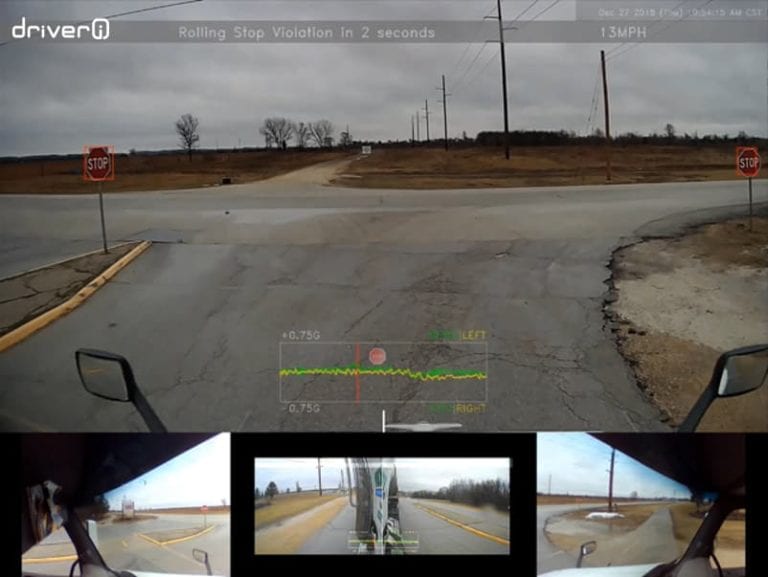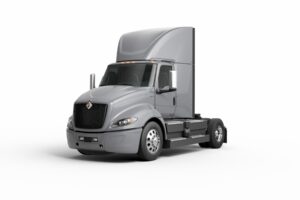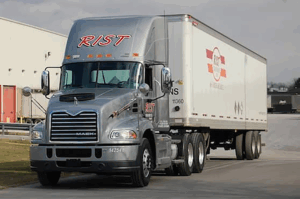The evidence is in. Every driver needs a camera system in the truck. And, if your truck has a camera system that is purchased and installed by your carrier, buy a second one.
Disclaimer: the author owns and utilizes a dash camera in every personal vehicle, including rentals.
The majority of large carriers, 5 trucks or more, have elected to go with in-cab camera systems. The reason is simple, they save dollars. In crashes where the driver isn’t at fault, video is used to dissuade a claimant from filing a lawsuit, or to convince judge and jury when one is filed. When the driver IS at fault, carriers can offer settlement quickly, saving legal fees and court time.
Some are as simple as one camera pointing out over the hood while others have multiple cameras that record video of everything from the space around the vehicle to the driver – you.
Although the devices are referred to as “cameras,” video isn’t the only data that’s recorded. Some record audio as well, adding any comments you make to the radio station you listen to and other sounds to the evidence saved.
Additional data is provided by collection devices built right into the device. GPS data is used to determine speed as well as location. Accelerometers record sudden starts and stops and sometimes abrupt movement from side to side (swerving.)
Some devices add data collected from the engine control module and other computerized systems, recording speed, RPMs, gear selection and other data.
A key difference in brands and models is in how the data collected is saved and transmitted. Some connect through the vehicle’s telematics system, transmitting video data along with speed and other vehicle data, including GPS location. Some transmit through cellular networks on a periodic basis, like once per day. Some store data until it can be downloaded at company locations, while others store data on memory cards, usually micro-SD type cards.
Regardless of how data is stored and transmitted, one fact remains. The data is owned by the carrier, not the driver. That may not be an issue in most cases, but issues can arise when the driver wants to access or use the video. That’s why it’s important to have a personally-owned recorder, too. It’s possible that data from a personally owned camera could be requested by law enforcement personnel at the scene or even subpoenaed later, but at a minimum the owner can legally contest such actions and has at least some choice. In cases where video exonerates the driver, it can be provided voluntarily but at least the driver has some amount of choice.
Garmin’s DEZLCAM offers a dash camera built into a GPS unit that also provides features such as traffic updates and commercial vehicle routing. However, a selection of stand-alone dash cameras can be found at most truck stops, box stores and, of course, the Internet.
When selecting a camera, choose one with a resolution of at least 800 X 480 pixels at a minimum. Higher resolutions not only provide clearer videos at night or when visibility isn’t the best, but can also provide a digital zoom, allowing photos or video to be magnified when necessary to identify important details, like license plate numbers.
While many cameras have internal data storage, many record on mini or micro SD cards. This type of storage allows removal of the memory card, which can ease data retrieval and transfer when it’s desirable to save or transmit images or video. Instead of downloading video through a cable, the card can be inserted directly into a laptop or desktop computer and saved.
Of course, playback through the device is necessary as well so that video can be reviewed on site and shared with law enforcement officials as necessary.
Some cameras allow the owner to select the amount of data stored with the video. For example, internal devices that record speed, location and other data may be disabled so that video only is recorded. For units that also record sound, many devices allow the owner to disable this as well.
In these days of heightened safety awareness by carriers, law enforcement and government agencies, as well as Interstates lined with billboards advertising legal services from attorneys “specializing in personal injury,” dash cameras provide an added measure of security for every driver.
Cliff Abbott is an experienced commercial vehicle driver and owner-operator who still holds a CDL in his home state of Alabama. In nearly 40 years in trucking, he’s been an instructor and trainer and has managed safety and recruiting operations for several carriers. Having never lost his love of the road, Cliff has written a book and hundreds of songs and has been writing for The Trucker for more than a decade.








